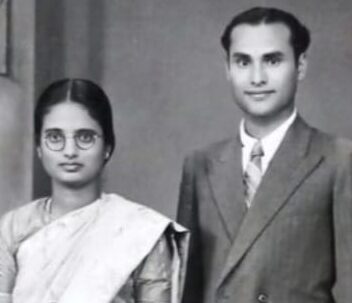
Birth Centenary Recollections of K P M Sundharam by his Brother-in-Laws from Mother's side (Dr Jesudasan Peters) and Father's side...

Birth Centenary Recollections of K P M Sundharam by his Brother-in-Laws from Mother's side (Dr Jesudasan Peters) and Father's side...
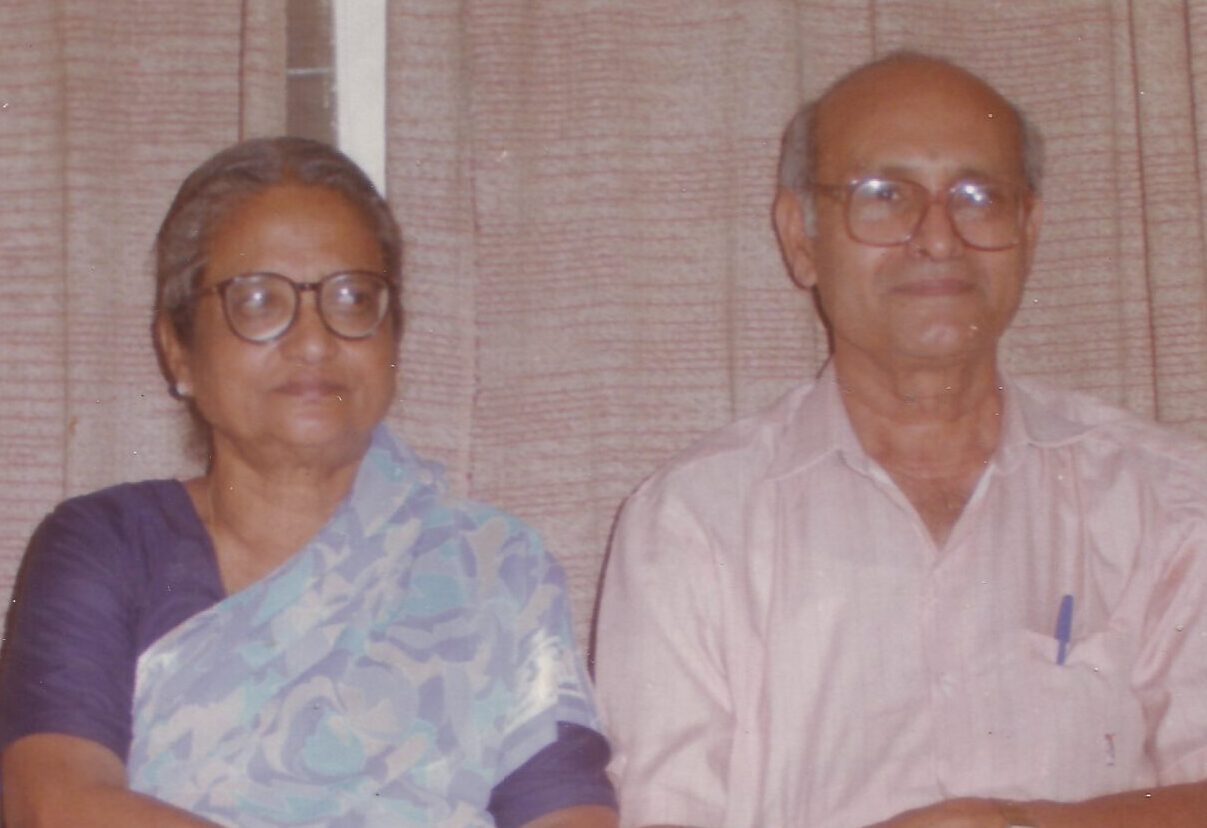
Prof K P M Sundharam's Birth Centenary Remembrance by persons associated with him during his stint at Indo-Global Social Service...
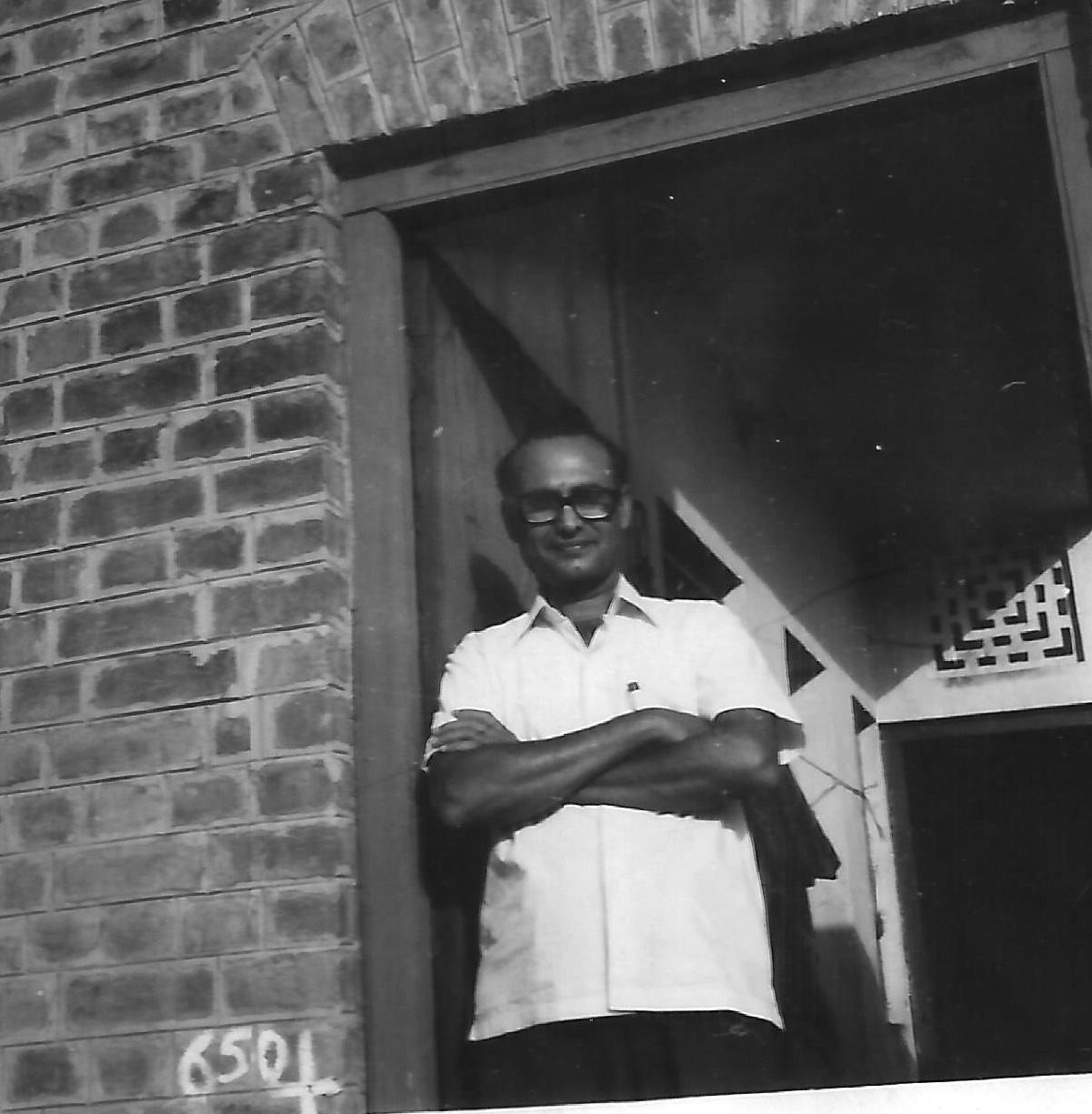
The Society of St. Vincent de Paul (SVP) is an international Christian lay voluntary organization dedicated to tackling poverty and...
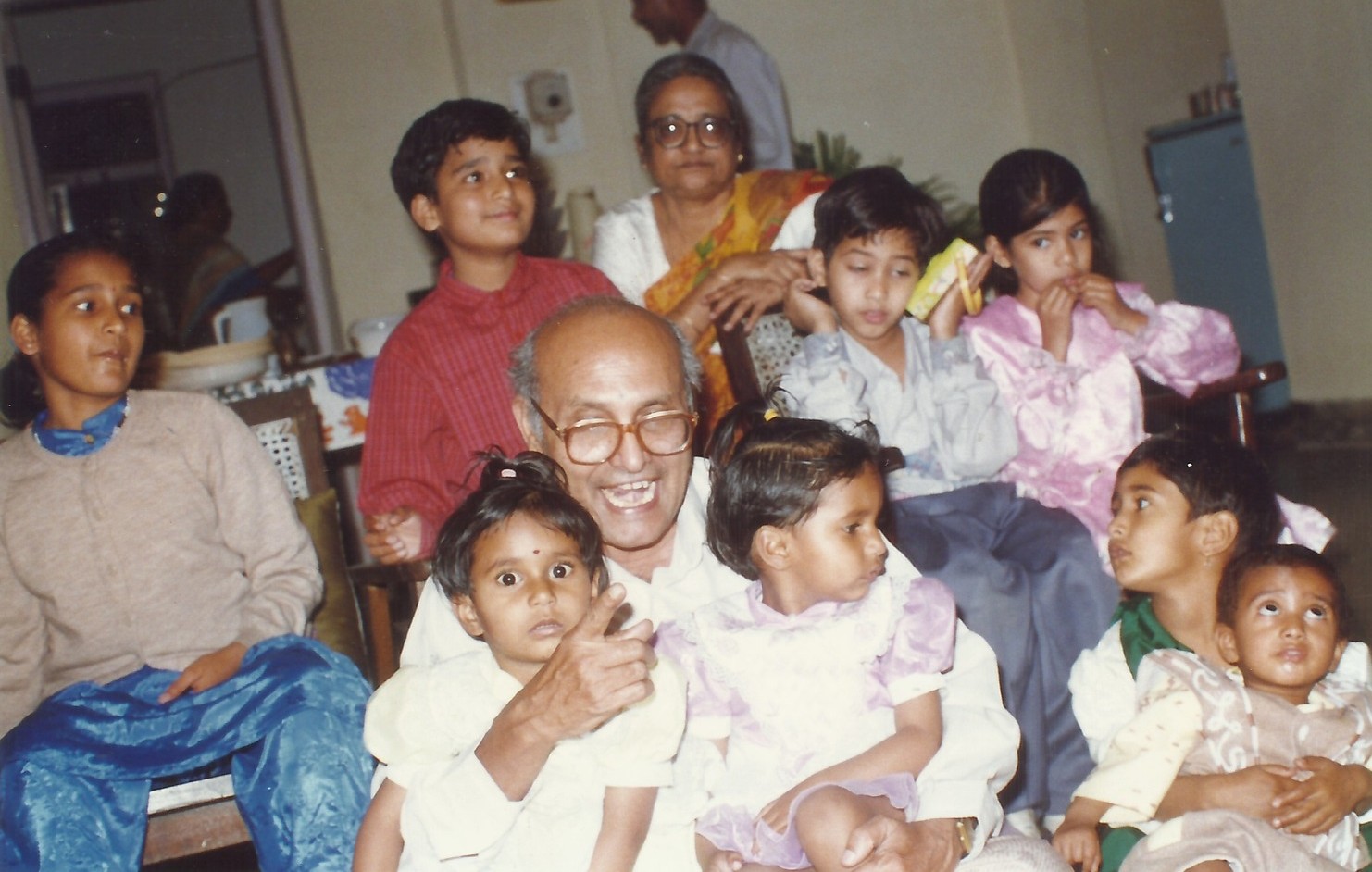
Recollections of Prof K P M Sundharam by close relatives, grandchildren and nephew on his Birth Centenary.
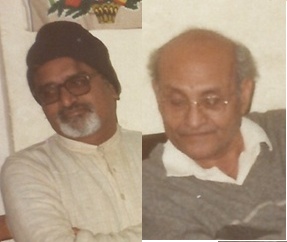
My association with Prof K.P.M. Sundharam is over 40+years. Providence placed me to witness the Life, Legacy and Spirituality of...
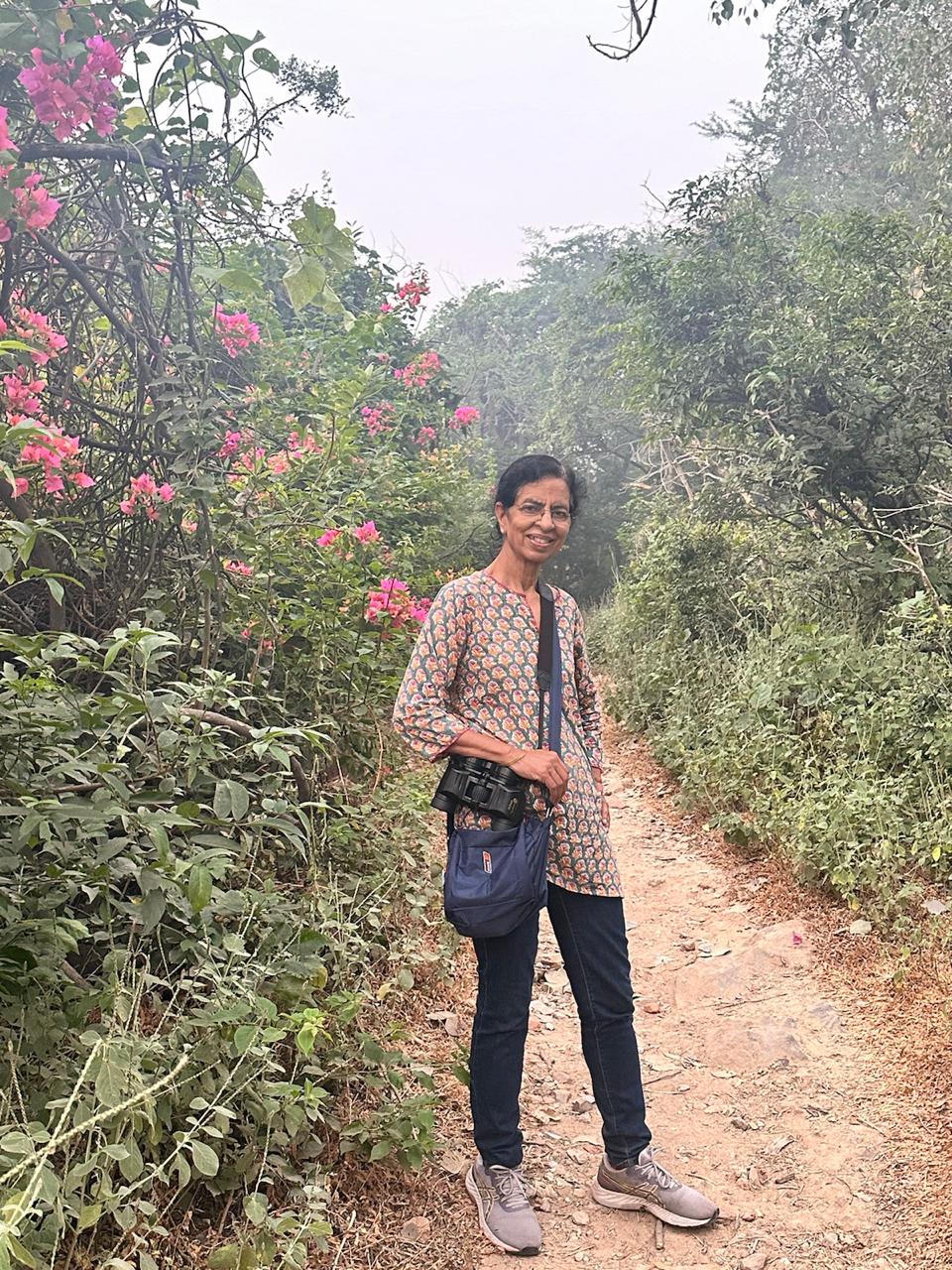
We have visited it every few months for the past many years on our early morning bird walks, but on...
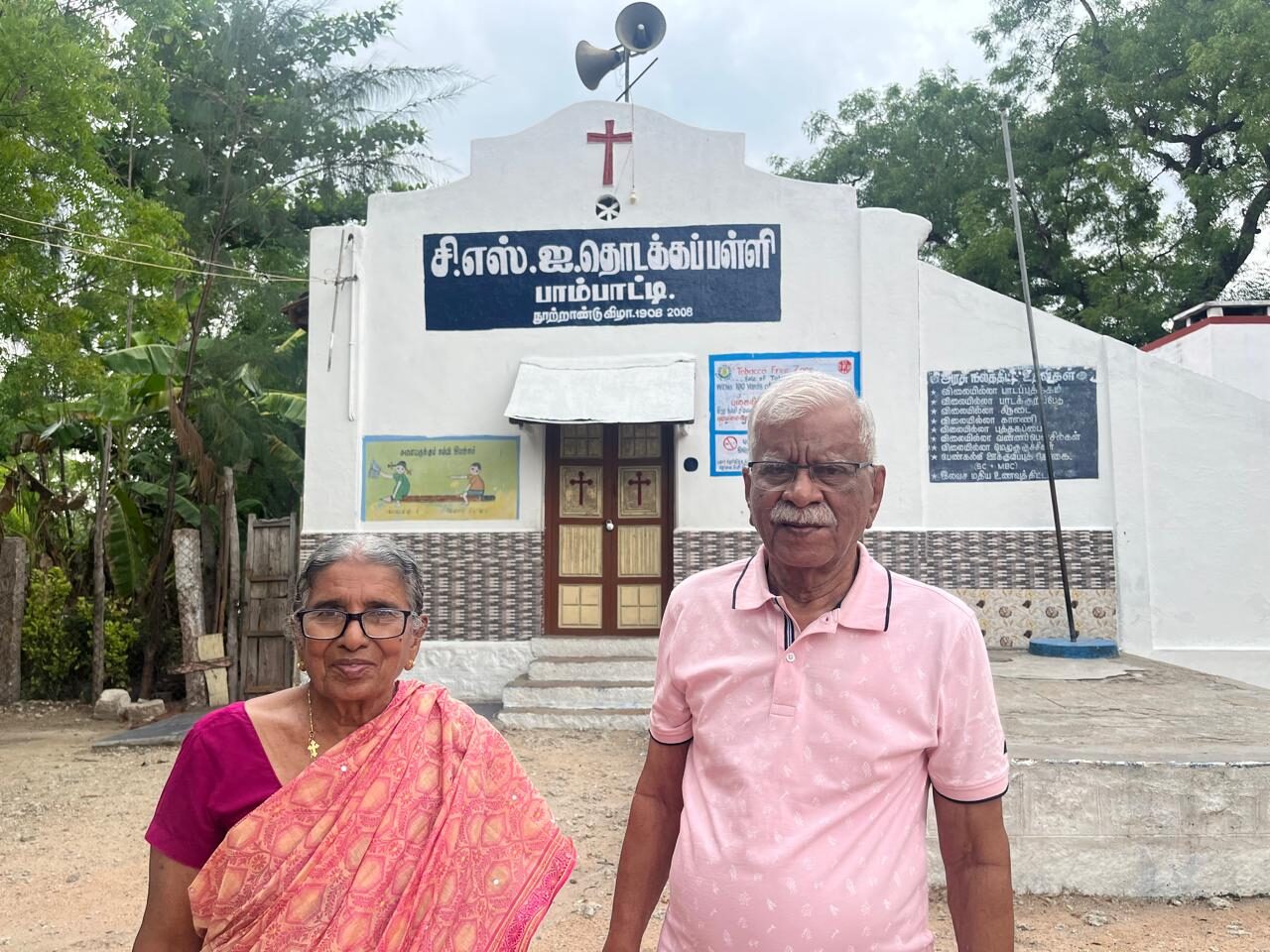
Pambatti is a village in the central part of Tamil Nadu. My maternal great grandfather was Abraham Reddiar, a landlord...
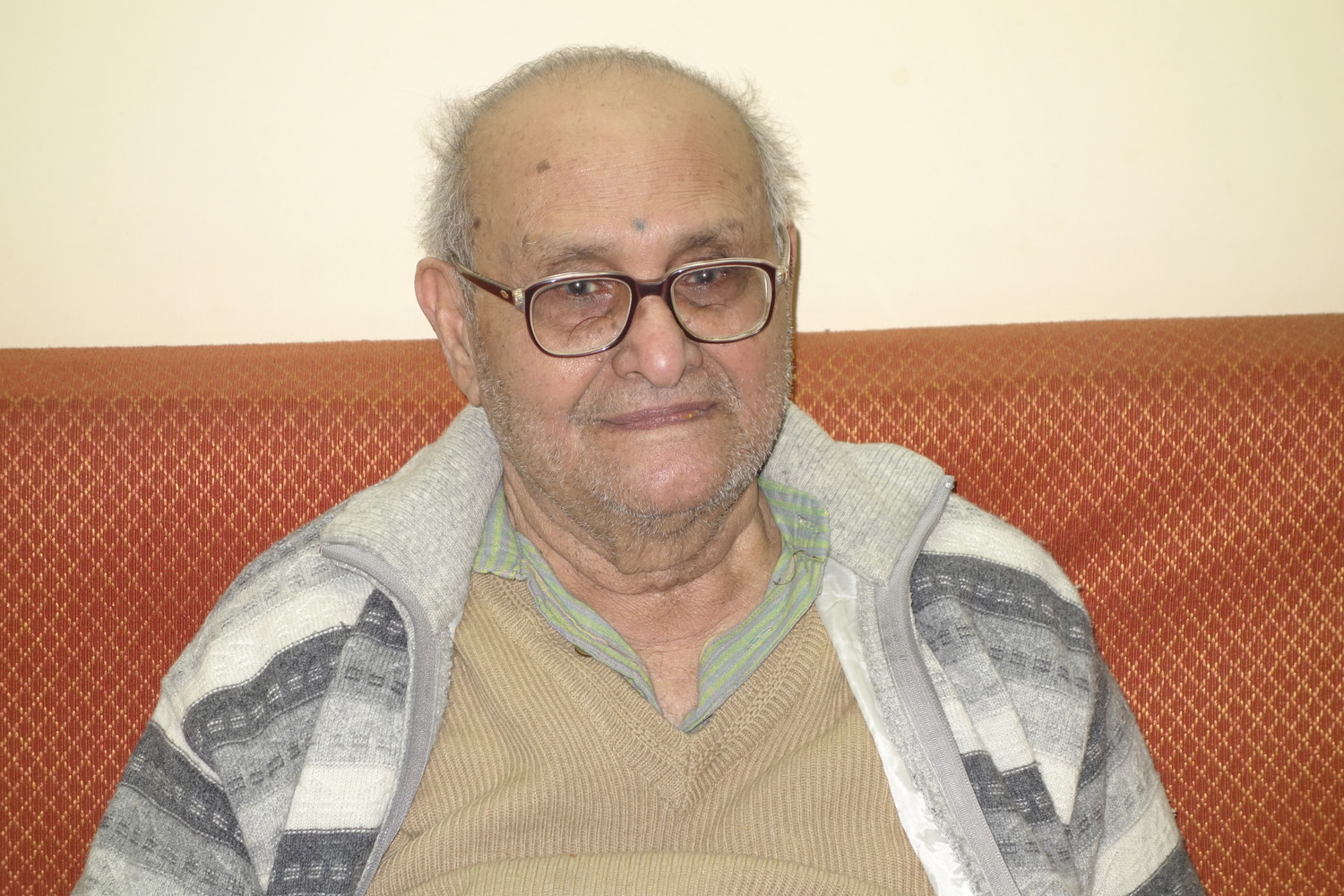
In 2022, a few months before his death, I used to ask my father about his days back in the...
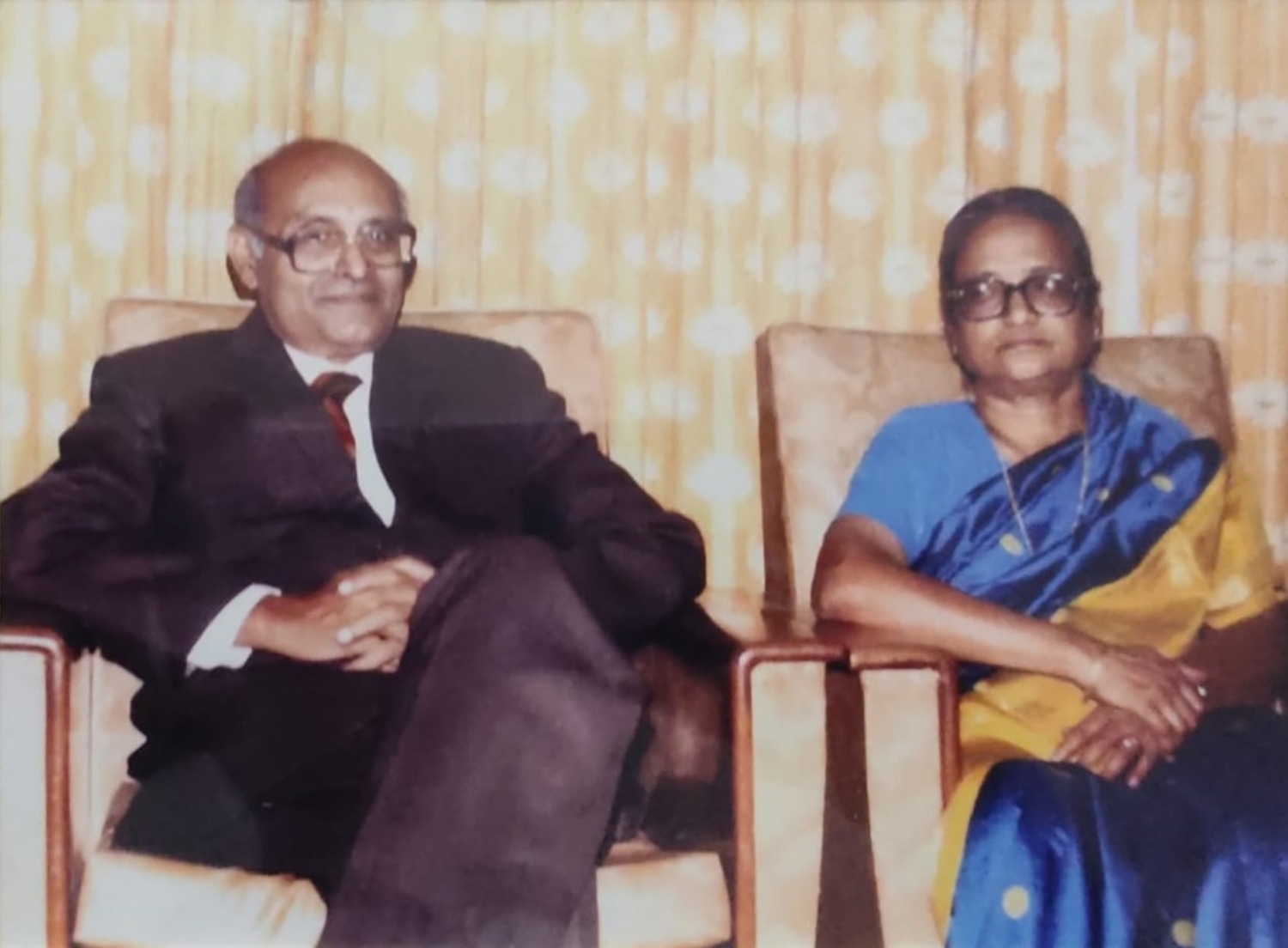
My father was a foodie. He liked to have an occasional meal in the restaurant. When I was about 12...
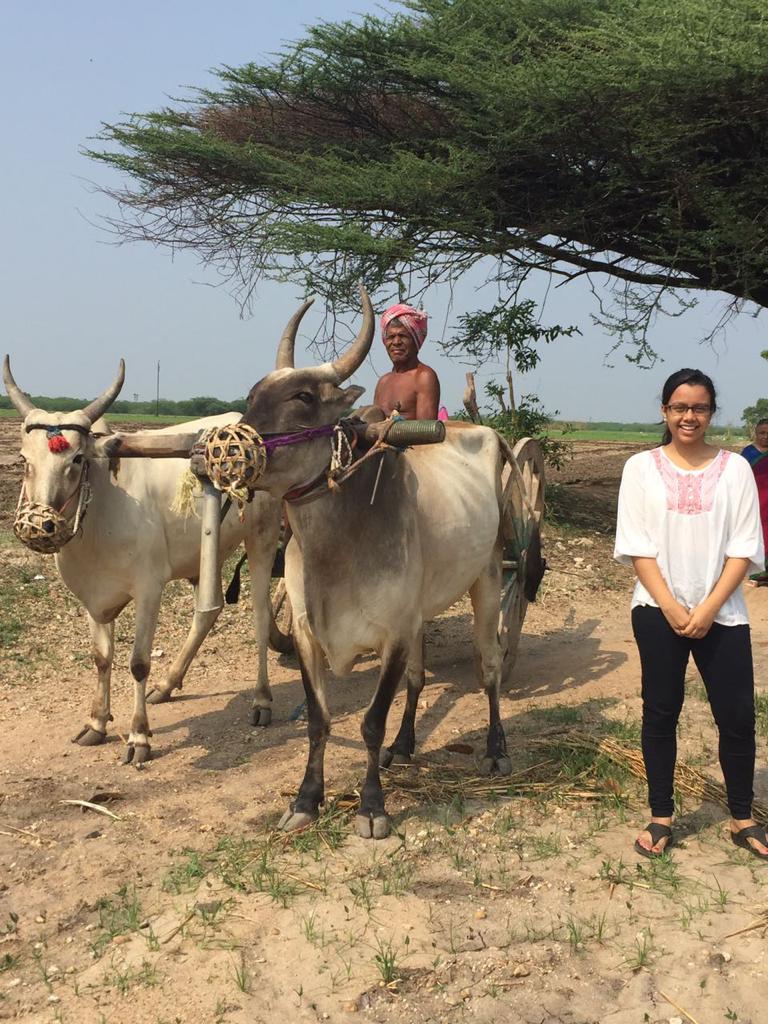
I have very faint memories of my father’s village Jagaveerapuram. I had gone there with my mother in the mid-seventies....
All rights reserved